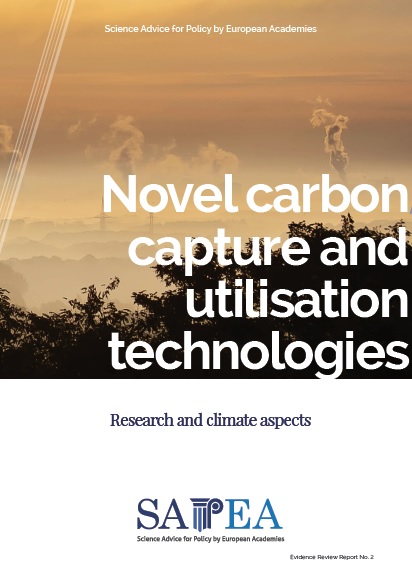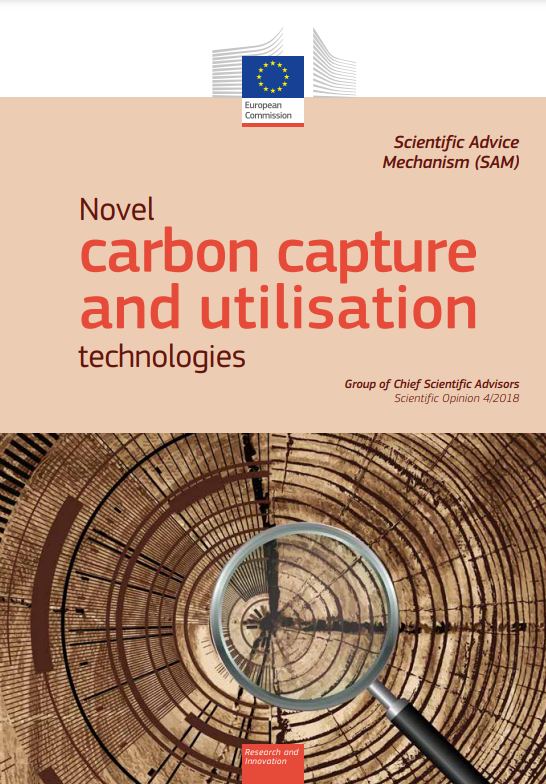Carbon capture and utilisation may be part of a circular economy scheme where carbon atoms are recycled and reused indefinitely over a long time scale. However, it is neither an indispensable element, nor is it sufficient to contribute significantly to mitigating the effects of climate change.
CCU technologies aim to extract carbon dioxide from either concentrated sources or directly from ambient air, and then use it as a raw material for carbon-containing products, such as fuels, chemical products, and building materials.
Our advice explores whether CCU technologies have the potential to contribute significantly to mitigating the effects of climate change and identifies a need for innovation in policy domains, and from systemic and technology perspectives.
The key conclusions are:
- Measures, regulations and incentives should be used to examine the energy system (including CCU) in a holistic, integrated, coordinated and transparent manner.
- A systemic approach is required when evaluating the energy system and CCU systems, and further development is needed in stakeholder awareness and consistency of definitions.
- Key technological challenges must be tackled in the areas of collection and purification of CO2 from different sources, synthesis of green-hydrogen and technologies for carbon dioxide conversion to fuels and chemicals.














